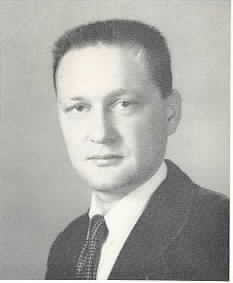Norman Friedman (1925 – 2014)
“The Description: locates the speaker in the presence of a sensory stimulus and represents him as perceiving it;
“Praise and Eulogy: places the speaker in relation to some person, type, or idea that he admires;
“Reflection: places the speaker before scenes and people that he reflects and comments upon;
“Satire: places the speaker in relation to society, which he criticizes;
“Persuasion: places him in the presence of someone else, to whom he speaks.”
Norman Friedman, Five Major Forms of E. E. Cummings’ Poetry, “E. E. Cummings: The Growth of a Writer”
“The Philistine: one who fears reality and consequently wants to strengthen the forms (Herman Wouk);
“The Anarchist: one who feels forms are killing us and wants to free life from their grip altogether (Henry Miller);
“The Reformer: one who realizes that life contains more possibilities than our forms allow, and consequently wants to make them more flexible (Charles Dickens);
“The Utopian: one who wants to abolish the old forms in order to make new ones (George Bernard Shaw);
“The Paradoxers: ones who say freedom is achieved through order (Gerard Manley Hopkins), and ones who say that order is achieved through freedom (William Blake, Samuel Taylor Coleridge, William Wordsworth);
“The Ambivalents: ones who choose the orderly while loving the free (Captain Vere in Melville’s Billy Budd), or those who choose the free while loving the orderly (Aschenbach in Mann’s Death in Venice). ”
Norman Friedman, Six Attitudes of Life, “E. E. Cummings: The Growth of a Writer”

